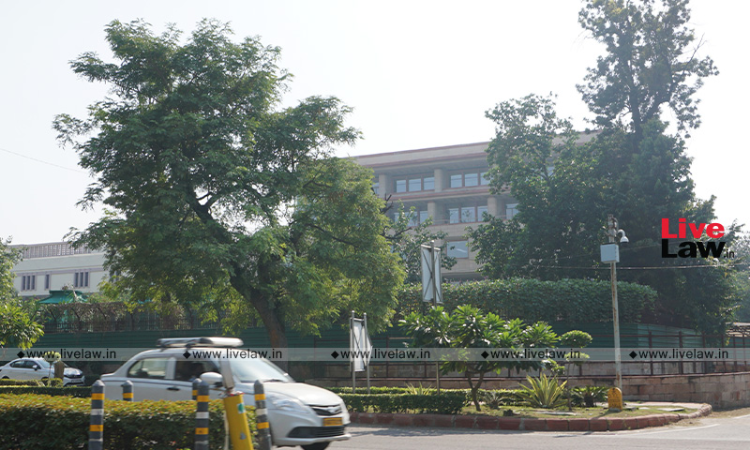Delhi High Court Dismisses Plea Challenging Rotation Of Wards For Reserved Categories In Upcoming Municipal Polls
Suhavi Arya
3 Feb 2022 4:30 PM IST

Next Story
3 Feb 2022 4:30 PM IST
The Delhi High Court has dismissed two petitions challenging a notification issued by the State Election Commission last month, changing the seats reserved in some wards under the General and Scheduled Caste category, for the upcoming municipal elections on the basis of descending order of percentage of population.The Division Bench comprising of Justice Vipin Sanghi and Justice Jasmeet...
